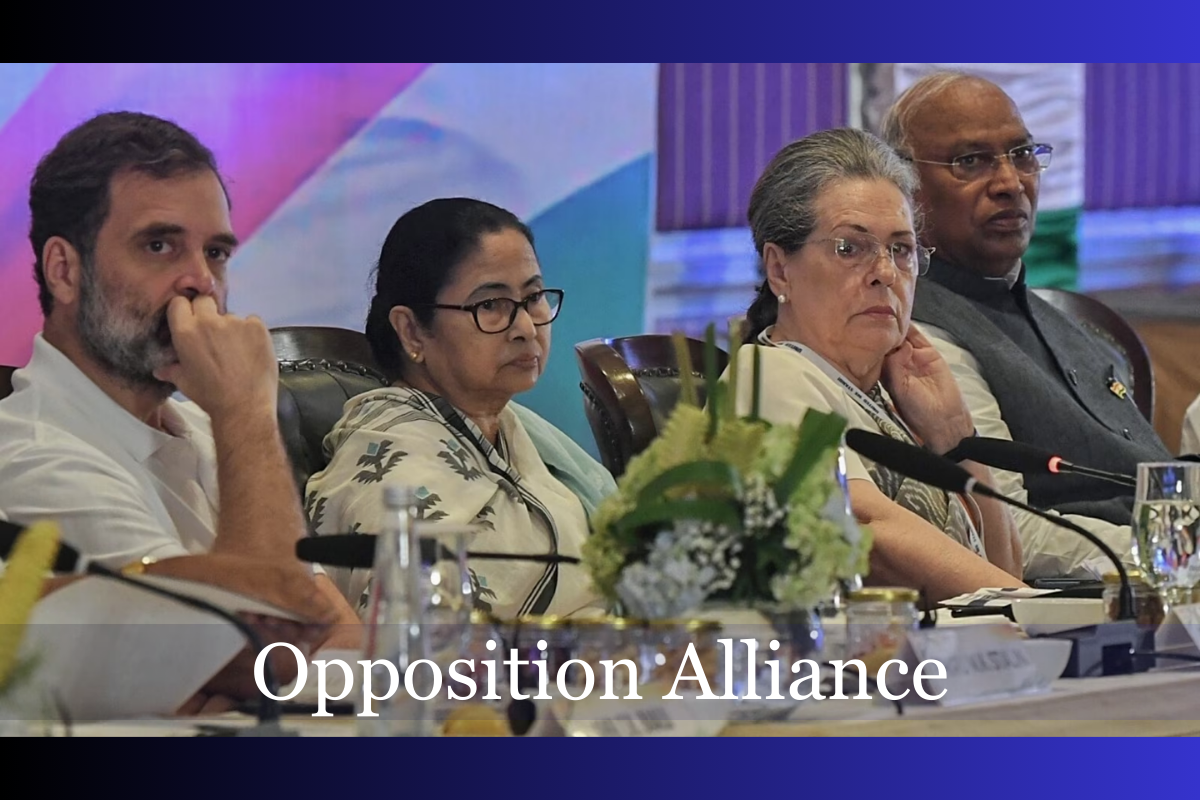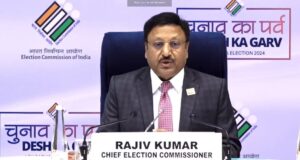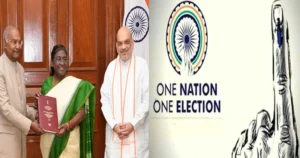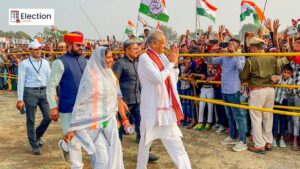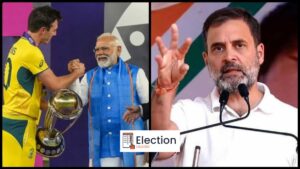Can the Opposition Alliance in India Defeat Modi in the 2024 Elections?
The charismatic leadership of Narendra Modi has dominated the Indian political landscape for almost a decade. As we approach the 2024 general elections, there is growing anticipation and curiosity about whether the Opposition Alliance in India can seriously challenge Modi’s rule. This blog will explore the possibilities, challenges, and dynamics emerging in the upcoming elections.
The Modi Phenomenon
Bhartiya Janata Party (BJP) leader Narendra Modi has enjoyed a remarkable journey in Indian politics. His rise to power in 2014 was driven by promises of development, good governance, and freedom from the alleged corruption of previous governments. He again won a landslide victory in 2019 and cemented his position as a strong political force.
Modi’s leadership style, charismatic oratory, and ability to connect with the masses have contributed to the “Modi phenomenon.” His supporters often see him as a strong, decisive leader who can steer India towards prosperity. However, critics argue that his leadership has also witnessed divisive policies, religious tensions, and economic challenges.
The Indian political landscape has witnessed a fragmented opposition for years. In the 2019 elections, the opposition failed to present a united front against Modi, allowing him to secure another term. The Congress Party, historically one of India’s major political parties, faced internal issues and struggled to regain its footing.
For the 2024 elections, the opposition parties have been engaged in discussions about forming a grand alliance or coalition to challenge Modi’s dominance. The objective is clear: unite to counter the BJP juggernaut. However, forging such an alliance is easier said than done, given the diversity of political ideologies, regional interests, and leadership egos within the opposition camp (Opposition Alliance in India).
Key Challenges for the Opposition Alliance in India
- Leadership: The opposition lacks a charismatic leader who can match Modi’s popularity and appeal. While several regional leaders have strong followings in their respective states, they may not have the national appeal needed to dethrone Modi.
- Ideological Differences: The opposition parties encompass a wide spectrum of ideologies, from center-left to regional and left-wing. These differences can create challenges in presenting a coherent vision for the country, as voters may be left wondering about the alliance’s agenda.
- Regional Dynamics: Indian politics is heavily influenced by regional factors. Several states have strong regional parties that may not be willing to cede power or compromise their interests for a pan-India alliance. Negotiating these regional dynamics will be crucial.
- Electoral Arithmetic: Even if the opposition manages to form a coalition, they must strategize meticulously to win enough seats in the Lok Sabha, the lower house of India’s parliament, to secure a majority. This requires a seat-sharing arrangement that maximizes their chances in key battleground states.
- Campaign Strategy: The opposition will need to craft a compelling narrative that resonates with voters and addresses their concerns. Effective communication and a strong ground game will be essential to counter the BJP’s formidable electoral machinery.
The Path Forward
While the challenges are significant, it’s important to remember that electoral politics can be unpredictable. Modi himself was an outsider who rose to power against the odds. The Opposition Alliance in India can draw lessons from the past successes of regional parties and focus on issues that matter to the electorate, such as economic growth, employment, and social welfare.
The opposition should also work on building a cohesive and inclusive narrative that appeals to a broad spectrum of voters. Emphasizing unity in diversity and the values of India’s pluralistic society could resonate with a population tired of divisive politics.
Additionally, the Opposition Alliance in India can leverage the power of social media and technology to connect with young, tech-savvy voters, who play an increasingly significant role in Indian elections.
Conclusion
The general elections in India in 2024 will be a significant test for both the Opposition Alliance in India coalition and the BJP, which is now in power. While Narendra Modi continues to be a strong force in Indian politics, the outcome will depend on the opposition’s capacity to get over internal conflicts, build a unified front, and engage voters.
The electorate in India is varied, astute, and expects leadership accountability. Although the opposition faces many obstacles along the way, it is not an insurmountable task. The final result will depend on the decisions made by voters and the political parties(Opposition Alliance in India)’ capacity to articulate a compelling future vision for India.
As India gets ready for a crucial election that will determine its future for years, all eyes will be on the country’s changing political environment in the next few months.

